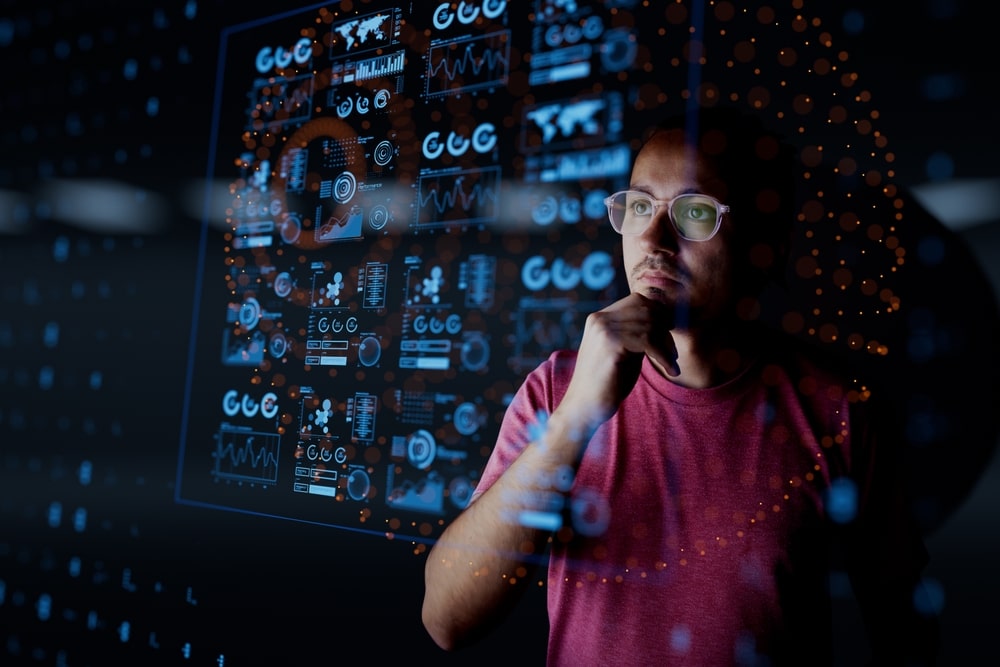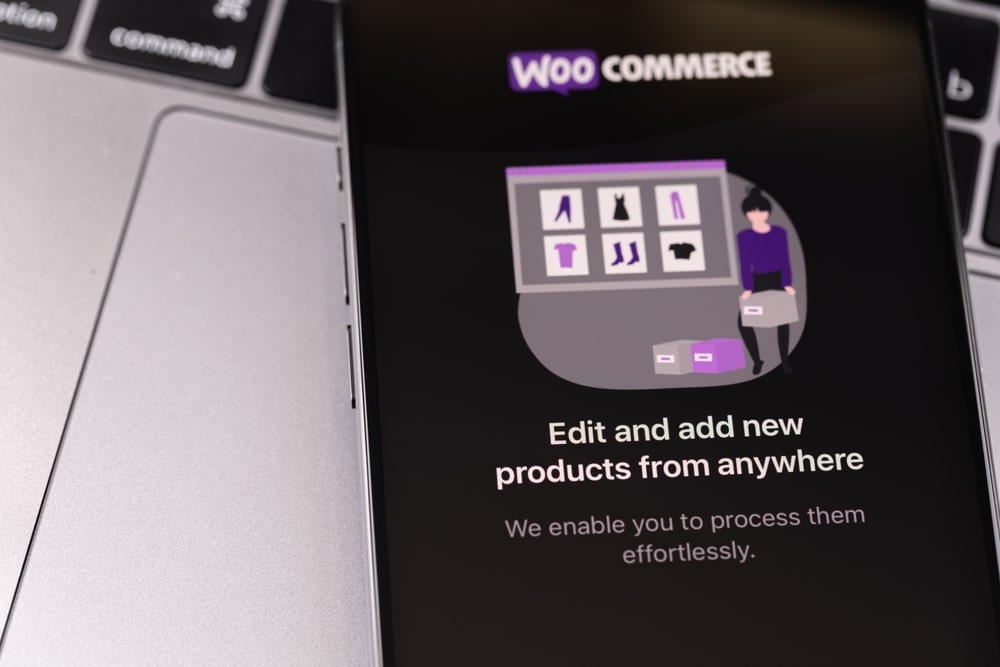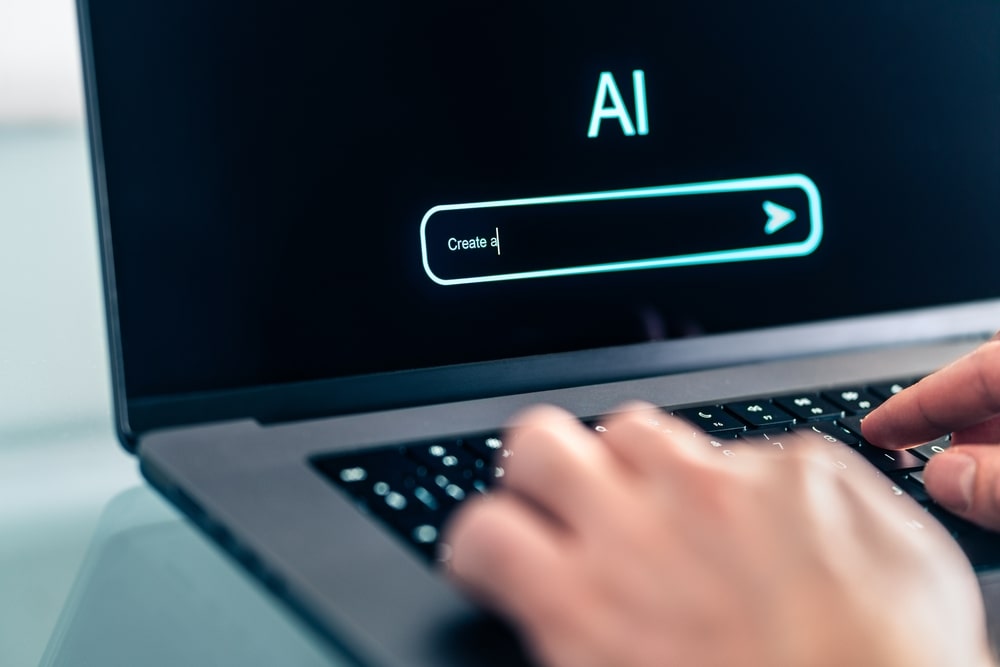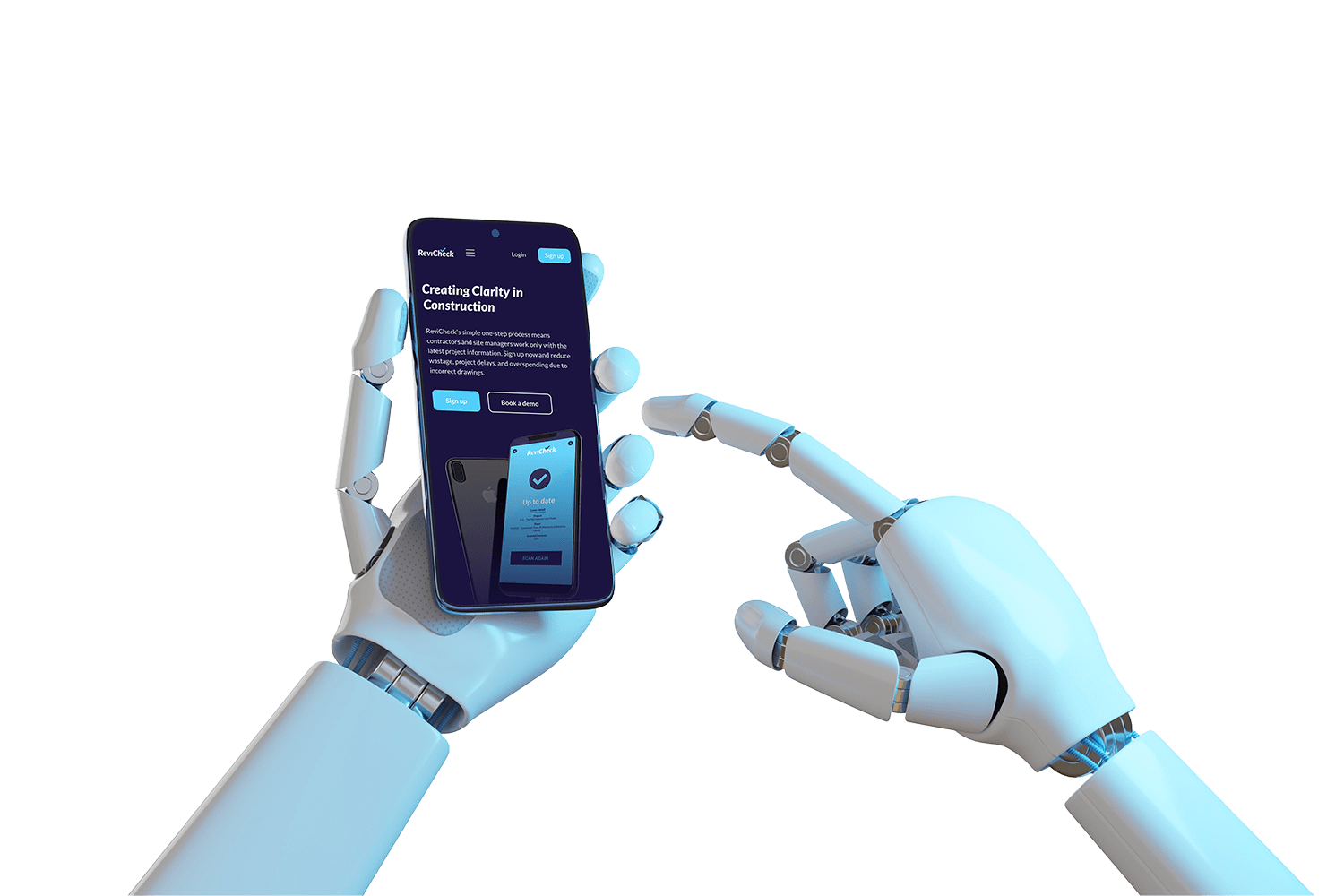As we move into 2025, artificial intelligence (AI) continues to shape the digital landscape, revolutionising website design in innovative ways. From personalisation to automation, AI is transforming how websites are built, optimised, and experienced. Let’s explore some of the top AI-driven web design trends we expect to see in 2025, and how they’re set to redefine the future of web design.
1. Hyper-Personalisation Through AI
In 2025, websites will offer an unprecedented level of personalisation. AI will enable websites to analyse user behaviour, preferences, and interactions in real-time, tailoring content, recommendations, and user journeys for each visitor. Imagine a website that adapts dynamically to your preferences—showing you the products, content, or services most relevant to you, all thanks to AI-powered algorithms.
Hyper-personalisation will enhance user engagement, boost conversions, and create memorable user experiences by delivering precisely what the visitor wants, often before they even know it.

2. AI-Driven UX/UI Design
AI is set to take user experience (UX) and user interface (UI) design to the next level in 2025. Designers will increasingly rely on AI tools to analyse user interactions, identify friction points, and make real-time improvements. AI algorithms can optimise layout, colour schemes, and navigation flows based on data-driven insights, leading to more intuitive and responsive designs.
AI-powered design tools will also streamline the creative process, suggesting design elements and layouts that align with user preferences and industry trends, saving time while ensuring high-quality output.
3. Generative AI for Web Development
Generative AI is becoming a game-changer in web development, allowing designers and developers to create entire websites or components with minimal coding. In 2025, we’ll see more AI-powered platforms capable of generating responsive, fully functional websites based on user inputs and style preferences.
These AI tools will not only speed up the design process but also make web design more accessible to non-technical users. By simplifying tasks such as coding, layout creation, and content generation, AI will empower more people to build their own websites with professional-grade design.
4. Voice User Interface (VUI) Integration
With the rise of voice-activated assistants like Alexa, Siri, and Google Assistant, voice user interfaces (VUI) are becoming a critical component of web design. In 2025, more websites will incorporate VUI to enable voice commands and searches, enhancing accessibility and providing a hands-free user experience.
AI will play a vital role in optimising voice interactions, making them more natural, accurate, and contextually aware. Websites that support voice search and navigation will appeal to a wider audience, particularly those with disabilities or on-the-go users who prefer voice over typing.

5. AI-Powered Chatbots and Virtual Assistants
Chatbots are already widely used, but by 2025, AI-powered chatbots and virtual assistants will be more intelligent, human-like, and integral to the website experience. These virtual assistants will handle more complex customer inquiries, provide personalised support, and even make product recommendations based on a user’s browsing history.
AI chatbots will leverage natural language processing (NLP) and machine learning to improve their understanding of user intent, leading to faster, more accurate responses. Expect them to evolve into fully integrated virtual assistants that can handle everything from FAQs to live customer service.
6. AI in SEO Optimisation
Search engine optimisation (SEO) will continue to benefit from AI advancements. In 2025, AI tools will play a major role in optimising website content for search engines by analysing user behaviour, keywords, and search patterns. AI-driven SEO tools will automatically adjust content, meta tags, and structure to enhance rankings, ensuring websites remain visible and competitive in an ever-evolving digital landscape.
These tools will also help identify content gaps and suggest improvements to meet both user and search engine expectations, creating a continuous cycle of optimisation.
7. Augmented Reality (AR) and AI-Enhanced Visuals
AR is poised to become a staple in web design by 2025, allowing users to interact with virtual elements in real-world environments. AI will enhance AR experiences by predicting user behavior and optimising AR interactions in real-time. Imagine trying on clothes virtually or visualising furniture in your home—all within a website.
AI-enhanced visuals, including image recognition and generation, will elevate user interaction with more immersive, personalised, and engaging content, making websites far more interactive than ever before.
8. AI for Web Accessibility
In 2025, AI will play a pivotal role in making websites more accessible to users with disabilities. AI tools can automatically detect accessibility issues, such as poor colour contrast, missing alt text, or navigation difficulties for screen readers, and make real-time adjustments to improve the user experience for everyone.
Websites that leverage AI for accessibility will ensure compliance with global standards and open the digital world to a more inclusive audience, which is both ethically responsible and beneficial for user engagement.
9. AI-Driven Data Analytics for Continuous Improvement
As AI technology advances, it will become easier for businesses to collect and analyse vast amounts of user data. In 2025, AI-powered analytics will provide real-time insights into user behavior, site performance, and conversion rates, allowing designers and marketers to make data-driven decisions for ongoing website improvement.
AI will not only help track performance but also predict trends, enabling websites to stay ahead of the curve and adapt to changing user expectations with minimal effort.
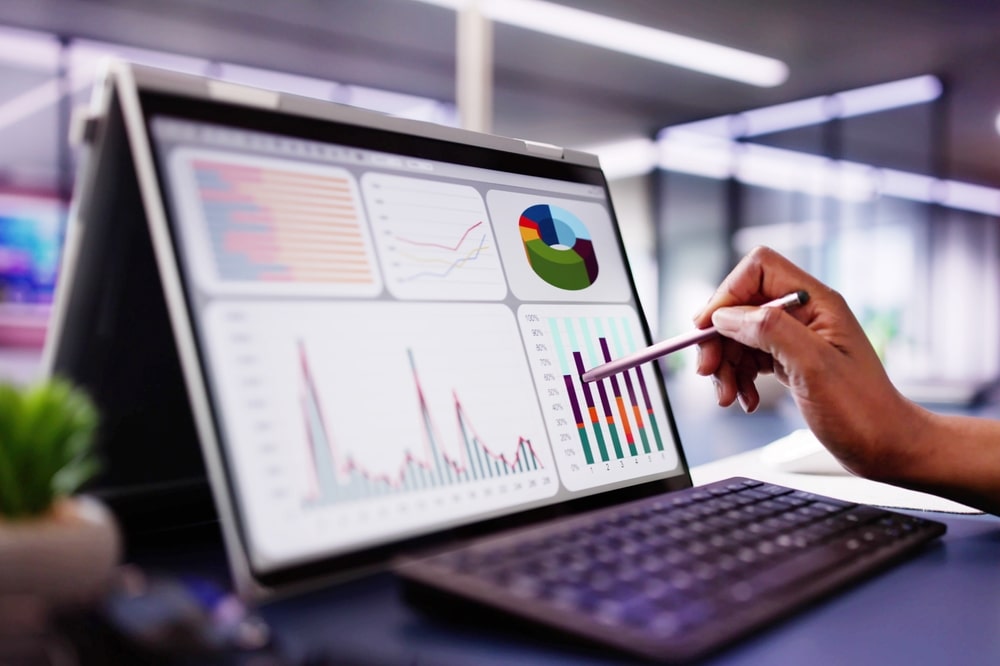
Conclusion
AI is rapidly reshaping the web design landscape, offering tools and technologies that streamline workflows, enhance user experiences, and unlock new creative possibilities. As we head into 2025, web design will become more personalised, accessible, and dynamic thanks to AI’s growing influence. To stay competitive, businesses and designers alike must embrace these trends and leverage AI to build the websites of tomorrow.
